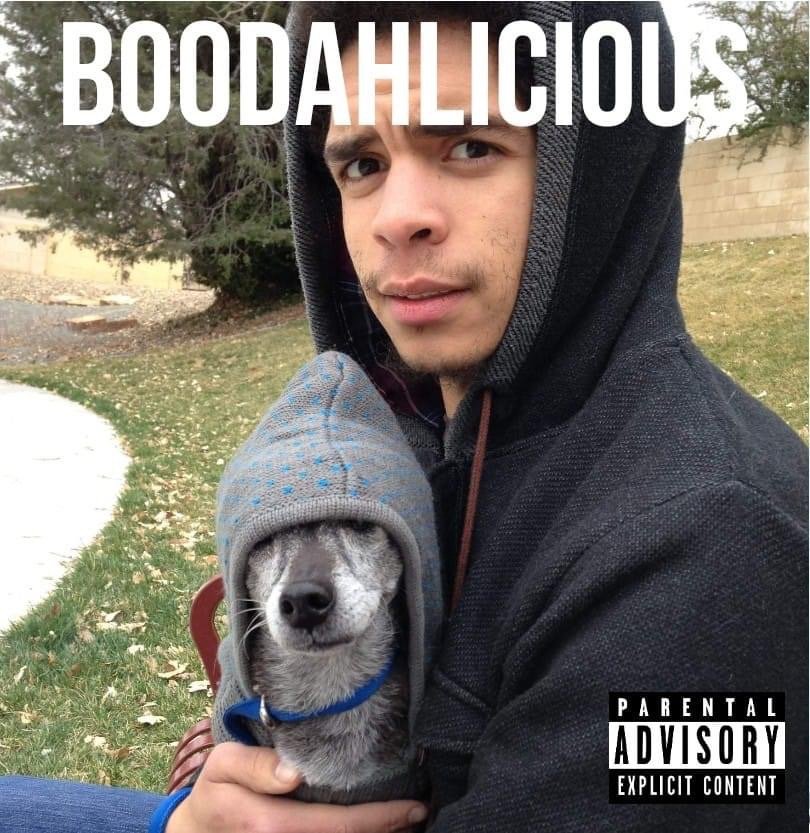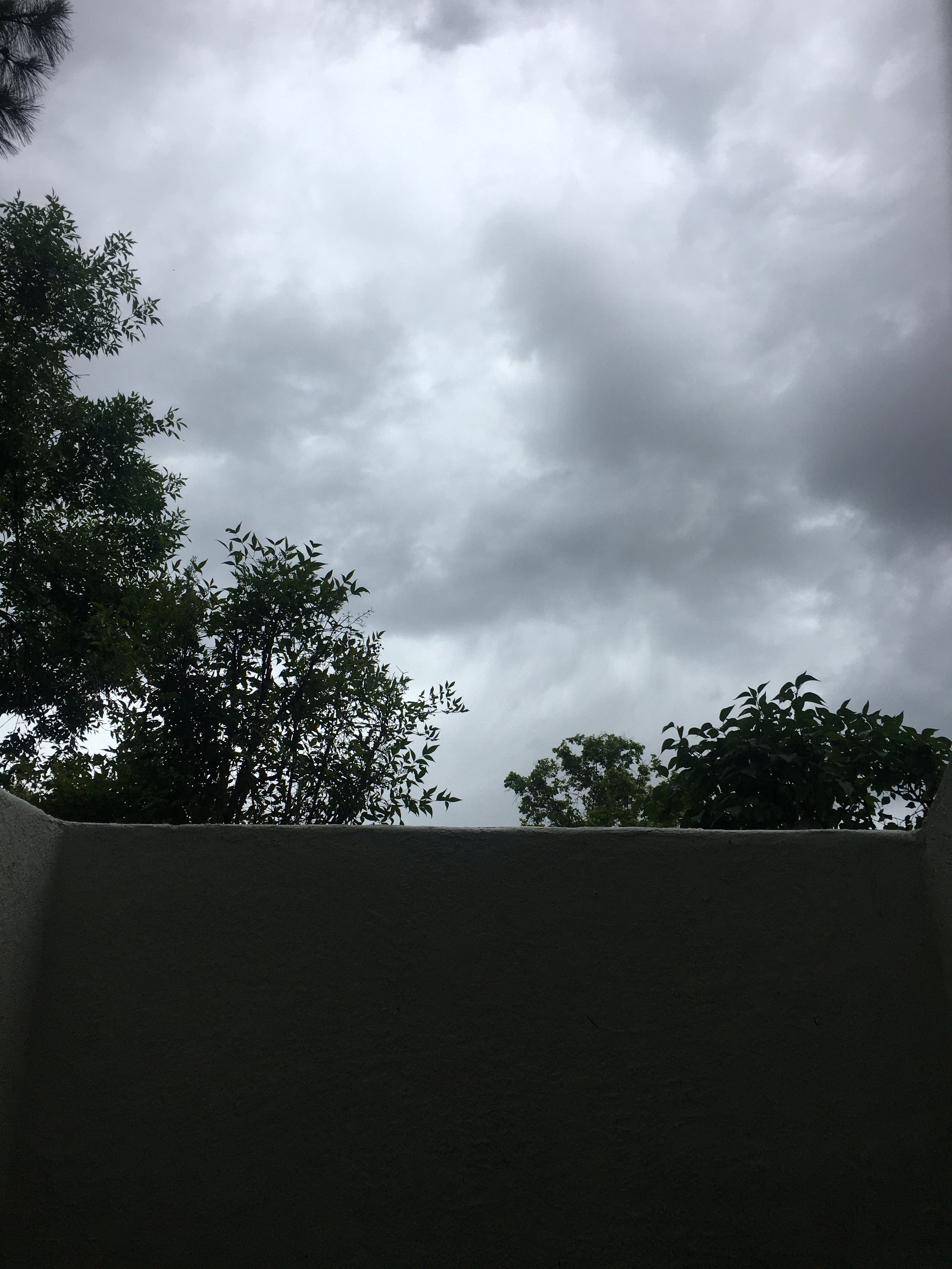In my family, we don’t have many artists per se in terms of writers, painters, musicians, etc. Only a few of us fill out those roles including my cousin Juliette and myself for the position of word sleuths. She practices much more due diligence towards the practice than I do, and has a book and active blog to show for it. I run this page here, when I can bother myself enough to actually share my thoughts rather than simply word vomiting into my notebook or writing a one-draft-wonder that never leaves the “Pending Draft” section of my site.
While coming from fairly different backgrounds and upbringings, Juliette and I actually share quite a few life perspectives and understandings of the world. She served in the Air Force during the 1980’s, while I grew up a conscientious objector during the War on Terror years. In terms of supporting the military and global politics, however, we don’t disagree too terribly.
One place we do disagree, but never actually argue, comes from our perspectives on religion and faith. She recently reached out to the wise folks on the Book of Faces for suggestions of writing topics. Typically, I just troll her posts with smartass comments worth little more than a quick laugh and eye-roll. This time, I actually offered a proper suggestion: the idea of freedom from religion.
I happen to follow an organization called The Freedom From Religion Foundation that champions the right of non-religious citizens. I thoroughly support their practice of fighting to remove religious iconography from public property such as The Ten Commandments from state and federal buildings and land. I firmly support a separation of church and states as a fundamental core tenant of American society.
Before we get into that discussion, however, I must offer a few corrections from her blog post.
1. I’m actually not and have never been atheist. I’ve firmly asserted the position of agnostic throughout my life as I know some questions simply do not have answers that any person or belief system can ever answer.
2. While I did grow up Catholic, I never actually served as an altar boy, though, I did desire to do so during my pre-teen years. I never truly believed in it, and looking back now see it wouldn’t have really worked out that well. I mean, I ran into issues during Catechism because even by seven years old I asked too many questions and didn’t simply accept any word as infallible. I wanted to know why and nobody I asked could sufficiently answer that question.
3. Honestly, my desire to enter the church completely vanished around 13 years old. I fully embraced my heathenism: went to my first punk rock shows and mosh pits, got flashed by a girl in my class, started to smoke pot more frequently, and began the writing of my own good word. I’ve never looked or gone back.
Now that we’ve gotten that out of the way, let’s jump down this fox hole!
As with more than a few topics, Juliette and I occupy opposite sides of the same coin in terms of freedom from religion. She asserts that such freedom embodies the separation of “man-made tradition – religion” from a personal relationship with a higher power or omnipotence. At a fundamental level, I fully agree with this principle and logic. I, too, agree that religious doctrine and tradition should not forcibly insert itself into the private life of a person. The dogmatic principles of a particular institution should not directly affect and alter the lives of those that do not belong to said institution. In other words, I do not support the imposition of religious beliefs on non-religious people.
Now, let me explain how this looks from an agnostic’s POV. I don’t agree with any singular religion or spirituality or faith. And I sincerely do mean that. I understand and support many tenants of most belief systems as they all offer positive influences and guiding ideas for folks that subscribe to them. At a basic level, all of them attempt to guide people onto a path of improvement and growth while attempting to cope with the existential realities of finite mortality.
As that devout agnostic, I have avoided all spiritualties and faith on principle, though I try to retain a working knowledge of the many camps. I just do not accept any singular perspective and attempt to define the (currently) unexplainable based on our narrow understanding and perception of the universe, reality, and The Real (in post-modern terms). As such, I actively work to avoid prescribed beliefs and practices such as reciting the post-1954 Pledge of Allegiance due to the addition of “under God.”
In truth I also just refuse to embrace the nationalistic practice of pledging such allegiance, but that’s a different topic altogether. Though, I do suppose it ties in, because oftentimes religion and nationalism tend to go hand-in-hand for American society.
As we sit square in the middle of the winter holiday season (mid-December), I frequently hear and see the cries of people championing “Put Christ Back in Christmas!” or fighting against “taking God out of schools.” I laugh at these arguments because such folks almost always oppose allowing any other religion beyond Christianity. They don’t support true freedom of religion, but rather the acceptance of imposing a singular perspective. This has basically nothing to do with an individual’s relationship to their own religious belief and practices and everything to do with the imposition of prescribed religion.
And here comes my support of the freedom from religion idea. As that agnostic kid growing up in organized sports, I suffered through substantial chastising for refusing to participate in team prayers. I often heard the argument to do it for ‘team unity,’ that I didn’t have to actually pray, and that I should just go through the motions. Unsurprisingly, perhaps, I outright refused to pander to the vocal minority’s demands. During football games this meant, following warm-ups, the team would gather in the endzone, get down on a knee, join hands, and say an athlete-led prayer. The coaches never participated and I appreciated this legally-mandated separation.
For me, however, I would run with the team to the endzone as the conclusion of warm-ups or coming out of the locker room as a show of support and comradery. However, once the team would gather around and take a knee, I would immediately turn and walk back towards the sidelines. I refused to participate in such a ritual, even superficially. It simply had no place in my life. It still doesn’t have a place.
I wholly oppose the idea that a person simply has the choice to ignore selective religious iconography placed in or on public spaces and property. The First Amendment’s proclamation of freedom of religion applies to all or none and does not allow for ‘religious exemption’ for certain institutions.
It completely encapsulates the practice of not allowing prayers before legislative sessions or allowing any and all camps equal opportunity to invoke an opening without exception or qualification. It means leaving religion and religious indoctrination to the private sphere rather than imposition on the public. It means freedom from religion as the standard rather than forcing a private citizen to opt-out of any standardized or public activity. It means students should never have to submit paperwork to not participate in any compulsory free-speech activity.
To borrow from Juliette’s closing line, such compulsory acceptance of religion is like forcing marriage onto a bachelor at the end of a shotgun barrel named Freedom of Choice.


